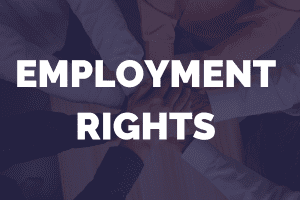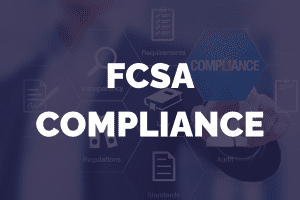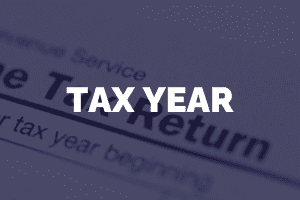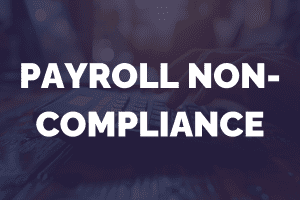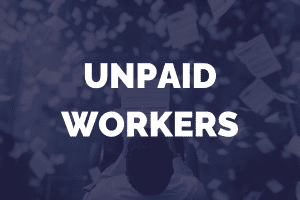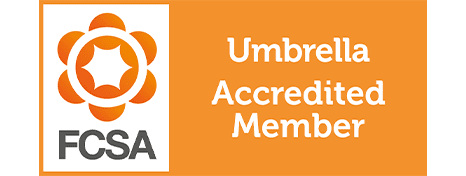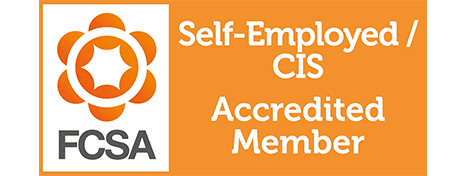The unregulated umbrella industry is never far from the headlines, with non-compliant companies employing practices such as salary skimming, holiday pay violations and tax avoidance schemes. Despite this, the government has been slow to move on their call for evidence which was finalised in 2022.
But on June 6th 2023, the long-awaited report arrived. In this article we look at the release of “Tackling non-compliance in the umbrella company market” and outline the key features of the report.
In November 2021, the government published a call for evidence to gather views from stakeholders about umbrella companies, including how they operate, and how they interact with the tax and employment rights system. The call received over 400 responses and concluded in February 2022.
Compliant umbrella companies, contractors and employment organisations hoped that the call for evidence would be swiftly followed by regulation of the industry, something that is long overdue.
But since the call for evidence concluded, it’s been radio silence. Until now.
The government has published a consultation entitled “Tackling non-compliance in the umbrella company market” which seeks to elicit views on their proposals to ensure that tax and employment rights are maintained in the industry.
The consultation states that the government wants to “…deliver improved outcomes for workers, to support a level playing field in the umbrella company market, and to protect taxpayers from the significant revenue losses that currently arise from non-compliance.”
While this is a step in the right direction, the industry has been largely underwhelmed with the consultation, which lays out some basic proposals of how the government might seek to regulate the industry and asks for views from those involved.
Firstly, the government makes several proposals on how umbrella companies might be defined. Either by:
The document then suggests some of the minimum standards that umbrella companies would need to meet to be able to stay compliant, and how they might be enforced.
The suggested standards are laid out into two options, and include how to handle holiday pay, KIDs (Key Information Documents) and the use of additional services. Option one is a focus on just a few key areas, with option two going into far more depth and setting minimum standards in a “wider range of aspects of umbrella companies’ involvement in the agency work supply chain.”
The report then requests views on what government body should enforce the regulations, with a strong preference on expanding the role and remit of the current EAS (Employment Agency Standards Inspectorate) over the previously promised single enforcement body for employment rights.
The government provides options which would reduce tax non-compliance in the umbrella market.
These include mandating due diligence, transfer of tax debt that cannot be collected from an umbrella company to another party in the supply chain and changing the employer responsibility to land with the end client for tax purposes.
All these approaches have been criticised, with some suggesting that we will end up with a complicated legislative nightmare that feels like a repeat of the IR35 changes of April 2021.
Currently, nothing. While this report is based on the results of the previous Call for Evidence, it doesn’t actually resolve any of the concerns of compliant umbrella companies or bring about any concrete changes.
Julia Kermode, PayePass Chief Executive and founder of contractor rights group iWork said, “it’s taken a year-and-a-half for the government to publish this response, which doesn’t actually resolve any immediate concerns. There are plenty of recommendations being put forward, but very little action. The reality is, the longer that the government sits on its hands, the more problems it creates.”
We at JMK Group UK are of course following this story closely and will inform all of our clients and contractors of any update which might affect them. In the meantime, don’t hesitate to reach out to us if you have any questions at all.
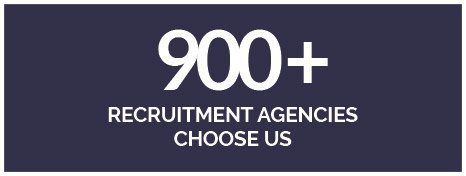

Since 2002, JMK have been compliantly consolidating back-office, accountancy and payroll functions.
We have evolved to provide a range of expert services; such as Funding, becoming a leading provider to the contracting industry.
We know every agency is different in some shape or form, even if only by a little, but important bit. Combining our knowledge and experience of multiple sectors enables JMK to support you all from recruiters and payroll, through to finance, compliance and management.
With JMK as your trusted partner, even the smallest team can process the largest payroll, regardless of payroll type.
Have a look at the wide range of services our Funding can provide to you and your business, it is far more than just payroll and finance.



